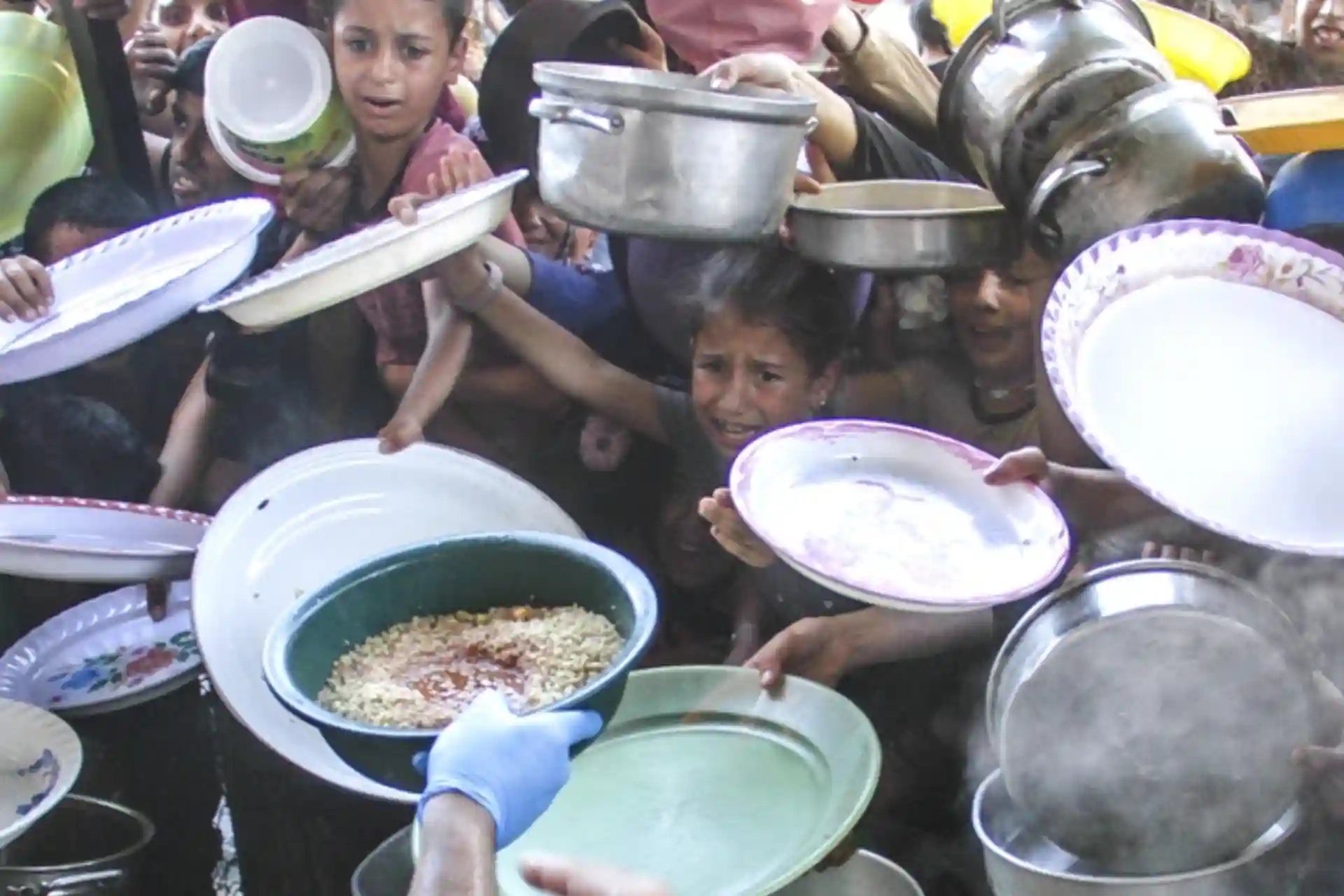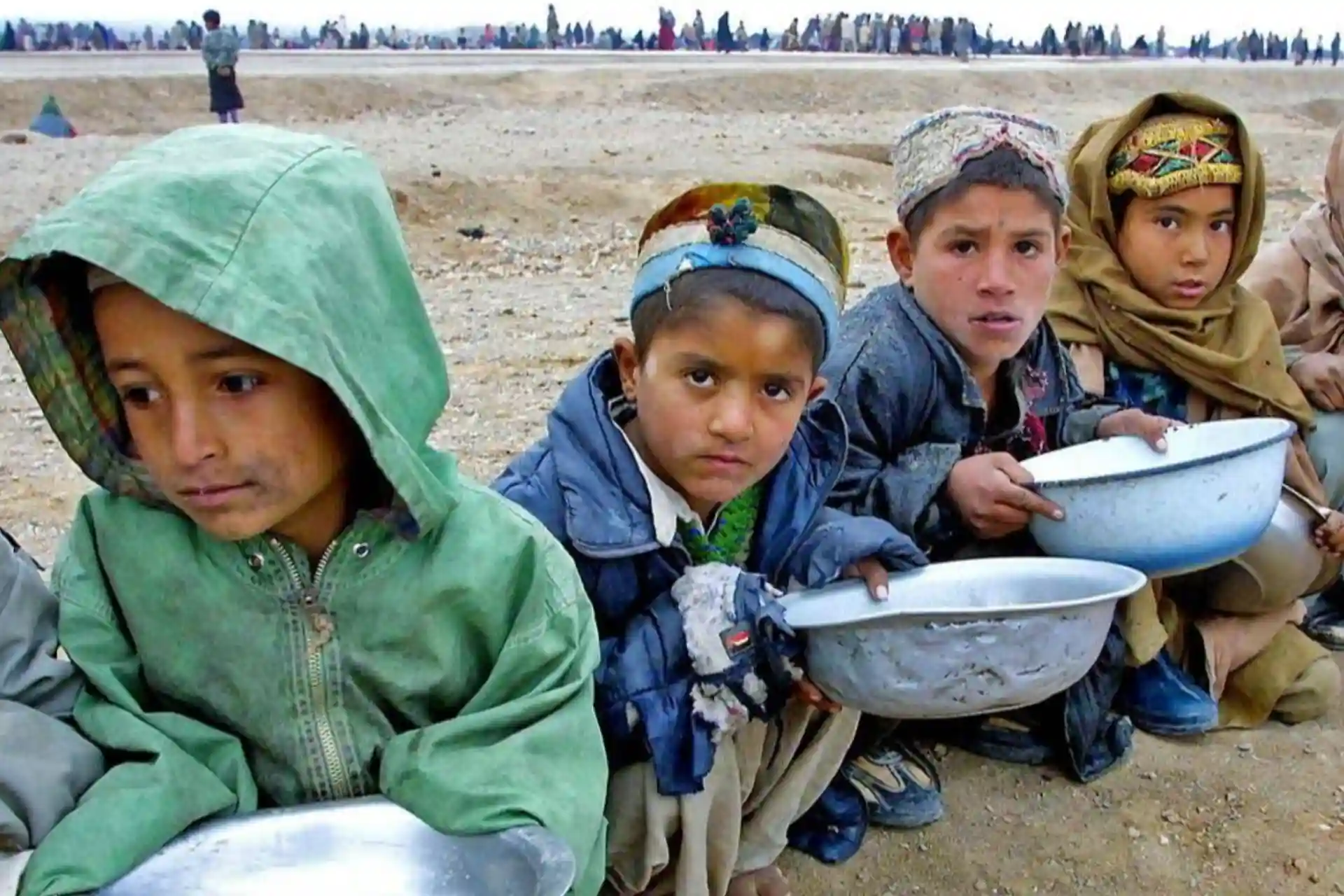20.09.2024 18:07
1612
UN: 282 million people worldwide suffer from acute hunger
According to Dominique Bourgeon, director of the UN Food and Agriculture Organization (FAO) in Geneva, approximately 282 million people worldwide face acute hunger.
Bourjeon added that this number could increase with the onset of the La Niña weather event.
According to estimates, there is a 71 percent chance of a La Niña beginning between September and November 2024, and its effects are expected to last until January and March 2025.
"Climate change will increase the frequency and intensity of extreme events associated with La Niña," Bourgeon said.
He noted that a series of floods and typhoons in Africa, Asia and Europe are a stark reminder of how global the problem is.
Agri-food systems, which are highly sensitive to climate change, may face long-term impacts such as the degradation of soil and water resources.
"Lost crop seasons, reduced crop yields, and animal deaths are making it harder for farmers to do their jobs and pushing millions more into hunger and poverty. We must not allow this cycle to continue. We cannot wait until it is too late. It is time to manage disasters in different ways," he said.



